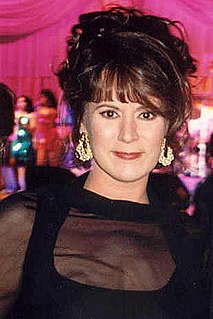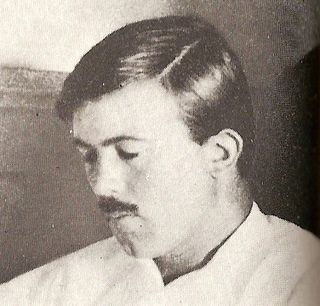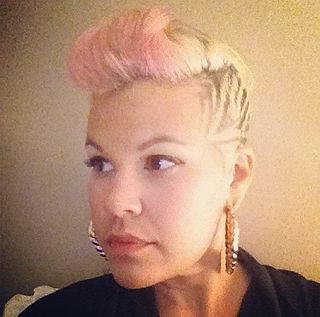A Quote by Margaret Atwood
I did ... learn an important distinction in graduate school: a speculation about who had syphilis when is gossip if it's about your friends, a plot element if it's about a character in a novel, and scholarship if it's about John Keats.
Related Quotes
Many of us will be obsessed with one or another kind of secret or revelation, be it gossip about friends or ourselves, a fantasy about spies, or a worry about the most personal information now stored in data banks. But few of us think about secrets in general, or about the moral rights and wrongs of hiding or exposing them.
I went to graduate film school at NYU, and at first I didn't get a degree, because I took a scholarship that was supposed to pay my tuition, and I used it to make a film. For the longest time, I never actually graduated. And about 70 percent of the things I learned there I had to unlearn, but 30 percent was really valuable. It's like Mark Twain said, "Don't let school get in the way of your education."
I don't revise a lot when writing short stories. As far as the novel, I definitely thought more about plot. Honestly, I'm still pretty confused about what "plot" means. I've been reading some of my Goodreads reviews and one reader noted that the The Last Days of California "reads like a short story stretched to the breaking point, padded and brought into novel range..." I don't know what people want, really.
One road to happiness is to cultivate curiosity about everything. Not only about people but about subjects, not only about the arts but about history and foreign customs. Not only about countries and cities, but about plants and animals. Not only about lichened rocks and curious markings on the bark of trees, but about stars and atoms. Not only about your friends but about that strange labyrinth we inhabit which we call ourselves. Then, if we do that, we will never suffer a moment's boredom.
Toddlers ask many questions, and so do school children - until about grade three. By that time, many of them have learned an unfortunate fact, that in school, it can be more important for self-protection to hide one's ignorance about a subject than to learn more about it, regardless of one's curiosity.
I did it [photojournalism] as something that was really rewarding to do, given the opportunity to express myself about something I cared about, and also to learn a lot by watching filmmakers I admired. In a sense, it was my film school. After doing it for a few years, I decided that the time had come to get it together and do some work of my own. So I stopped doing that and wrote some screenplays on speculation, because even though I wanted to direct, to direct you need a lot of money.






































